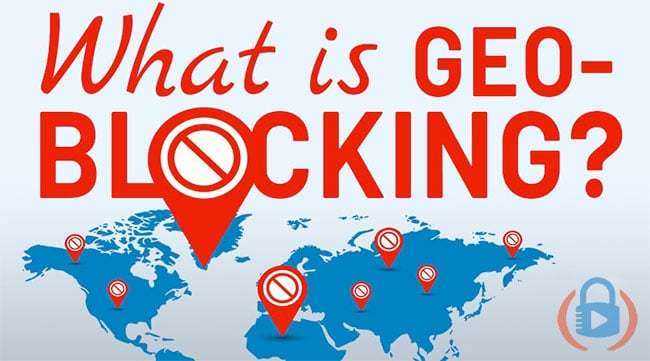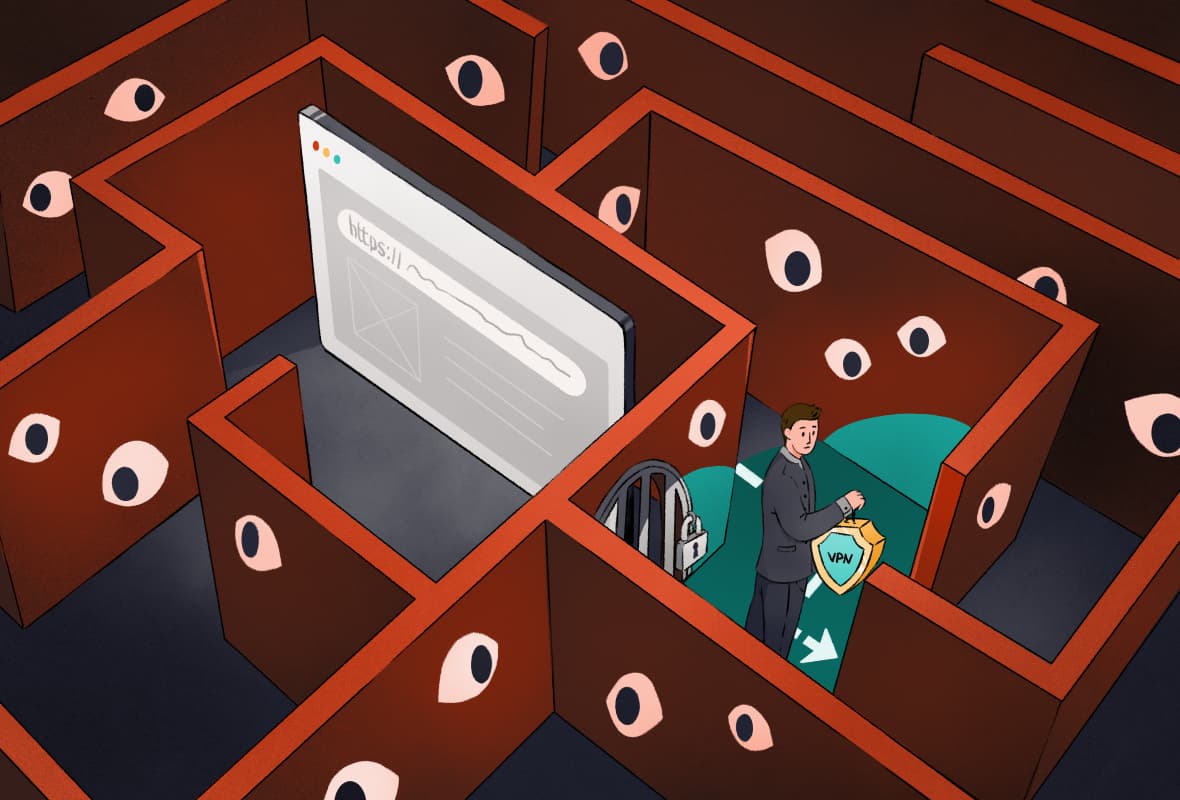
The Internet’s Invisible Walls: How Geoblocking is Changing the Way We Access Information
The internet was once hailed as a bastion of free information, where anyone with an internet connection could access the sum of human knowledge. However, with the rise of geoblocking, this utopian ideal is slowly eroding. Geoblocking, the practice of restricting access to online content based on a user’s geographical location, is becoming increasingly prevalent.
 The internet is no longer a borderless entity
The internet is no longer a borderless entity
Error 451: Unavailable in Your Location
Imagine trying to access a website, only to be greeted with a message stating that the content is unavailable in your location. This is the reality for many users around the world, who are blocked from accessing certain websites due to their geographical location. This phenomenon is not limited to a few isolated cases; it is a widespread issue that affects millions of users worldwide.
Error 451: A familiar sight for many users
The Rise of Geoblocking
So, why are websites resorting to geoblocking? The reasons are varied, but they often boil down to issues of copyright, licensing, and regulatory compliance. In an increasingly globalized world, it is becoming increasingly difficult for companies to navigate the complex web of laws and regulations that govern online content.
 The global internet is becoming increasingly fragmented
The global internet is becoming increasingly fragmented
The Consequences of Geoblocking
The consequences of geoblocking are far-reaching and have significant implications for the way we access information. By restricting access to online content, geoblocking is creating a fragmented internet, where users in different regions have access to different levels of information.
 The internet is no longer a unified entity
The internet is no longer a unified entity
Conclusion
The rise of geoblocking is a worrying trend that has significant implications for the way we access information. As the internet becomes increasingly fragmented, it is essential that we address the issue of geoblocking and work towards creating a more open and accessible internet for all.
 The fight for an open internet continues
The fight for an open internet continues












